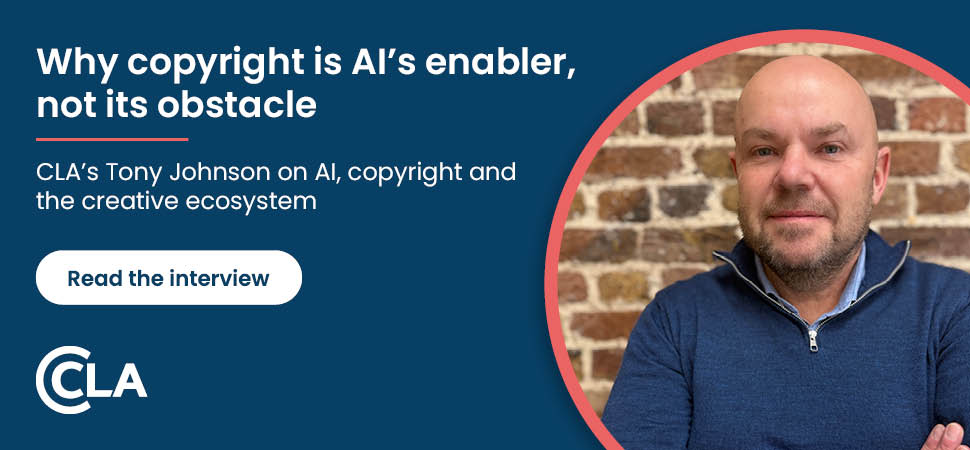A recent survey conducted among 600 UK human resources (HR) managers and directors reveals that businesses anticipate needing three years to adequately prepare for the impact of artificial intelligence (AI) in the workplace. Interestingly, despite the preparation timeline, an overwhelming 99% of respondents believe that AI will bring numerous benefits.
The survey findings indicate that nearly 40% of HR professionals believe it will take at least three years before they are fully prepared for the influence of AI on their roles. Only 15% of respondents feel they will be ready within a year. To embrace AI, around 40% of companies are investing in their technology teams, while 35.5% have already started trialling AI in their operations.
When asked about the jobs most likely to be impacted by AI, IT and technology jobs topped the list at 27%. This was followed by finance and accounting (23%), customer services and support (22%), sales and marketing (22%), and healthcare and media (21%).

Grant Price, CEO at YOHO Workplace Strategy, emphasised the significance of AI, stating, “AI has the potential to be the biggest disruptor of the way we work since the industrial revolution. Our research reveals that businesses are aware they won’t be fully prepared for the seismic changes AI will bring until three years from now. However, it’s crucial for them to start preparing now, considering the expected rapid evolution of AI.”
Concerns surrounding AI in the workplace were also highlighted in the survey. The top five worries include a lack of human interaction (30%), over-dependence on technology (30%), technical issues (29%), ethical considerations (29%), and security and privacy concerns (29%).
The survey respondents had a balanced outlook on the benefits of AI. They anticipated improvements in decision support (32%), productivity and efficiency (30%), automation of routine tasks (30%), increases in innovation and creativity (30%), and better allocation of resources and time management (29%).
Different age groups displayed varying concerns. Among senior executives aged 18 to 34, the primary apprehensions were reduced human interaction and increased dependence on technology (36.4%). In contrast, respondents aged 35 to 55 and over expressed greater fears regarding security and privacy (29%).
The survey indicated that the majority (82.5%) of HR executives are either aware or fully aware of AI’s potential impact on the job market. Over one-third (36.92%) anticipate more benefits than drawbacks.
Price pressed on the need for quick adaptation to leverage AI’s capabilities, stating, “The winners will be those who pivot to leverage its capabilities the quickest, as AI enables the translation of data into actionable insight at speed.”
Vikki Sly, Chief People Officer at Coincover, stressed the irreplaceable value of human skills, stating, “AI certainly has a massive role to play, but it won’t bring the level of soft skills and critical skills that only human brains can provide. Empathy, inclusivity, communication, and collaboration—AI will never be ‘human’ in that way.”
Kate Bishop, Chief Human Resources Officer at IFS, emphasised the need for ethical guidelines and investment in up-skilling the existing workforce. She stated, “HR leaders will be called upon to develop ethical guidelines and govern AI’s use. We also need to acknowledge job transformation—some roles will be lost, but others will be created. And we must invest in up-skilling our existing workforces.”
As businesses navigate the era of AI, it is crucial to strike a balance between harnessing AI’s capabilities and preserving the unique human skills and judgment required in various aspects of the workplace.



